Introduction to the Quilombola Community of Barrocas
Located 15 km south of Vitória da Conquista in Bahia, lies the vibrant quilombola community of Barrocas. Situated along the BA-263 highway, the road that connects Vitória da Conquista to Itambé, this community holds a rich history deeply rooted in Afro-Brazilian culture. Founded in the 1920s, Barrocas emerged as a refuge for those seeking freedom and escaping oppression on their lands.
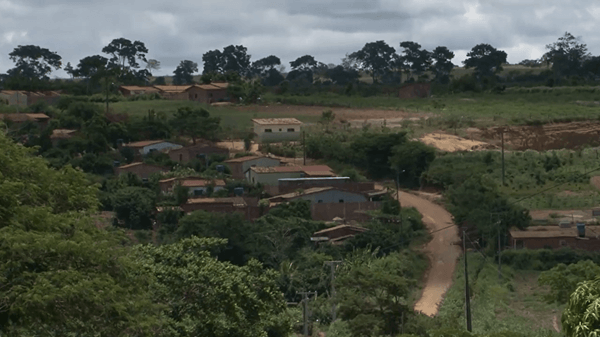
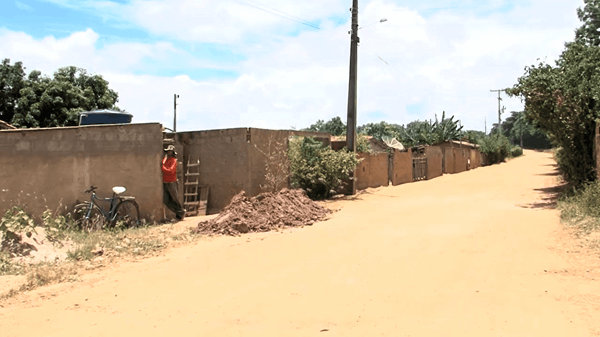
Over the years, Barrocas has grown and developed, becoming home to more than 1,400 residents dedicated to preserving their cultural traditions and values. The name "Barrocas" dates back to when residents worked in brick and tile production, observing holes in the region and giving the area the name Fazenda Barrocas.
Despite the challenges faced over the decades, the Barrocas community has persevered, keeping their identity as quilombo descendants alive. Their cultural significance extends beyond the physical boundaries of the community, influencing and enriching the cultural diversity of the Vitória da Conquista region and beyond.
History, Traditions, and Lifestyle of the Quilombola Community of Barrocas
The history of the Barrocas quilombola community is a testament to resilience and resistance. Since its foundation in the 1920s, residents have faced significant challenges, working tirelessly under the scorching sun to ensure their survival. Initially, access to the community was difficult, with poor roads and only narrow paths for transportation.
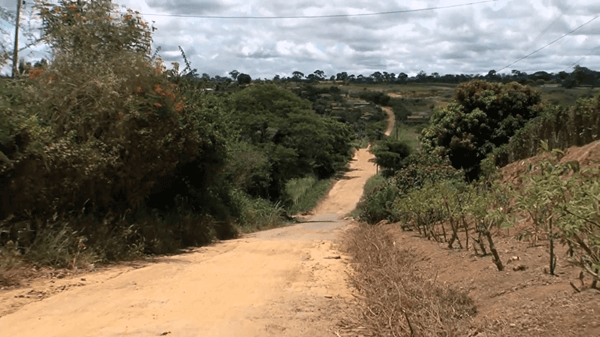
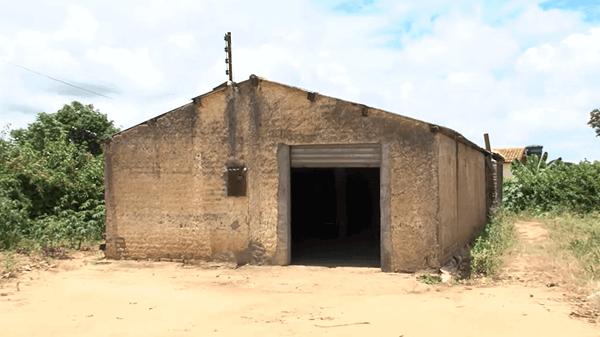
Nevertheless, the residents persevered, dedicating themselves to agriculture and food production, with cassava as their primary source of sustenance. Life in the community revolved around the flour mill, where families gathered to process cassava and produce by-products like starch, beiju, and manioc flour. These activities not only sustained the community but also strengthened their social and cultural bonds.
Cultural traditions are an essential part of Barrocas' identity. The Catholic faith is predominant, with the Nossa Senhora da Piedade Church playing a central role in the spiritual life of the community. Residents keep religious traditions alive, such as assembling nativity scenes and reciting Benditos, while celebrating festivities like the "terno de reis."
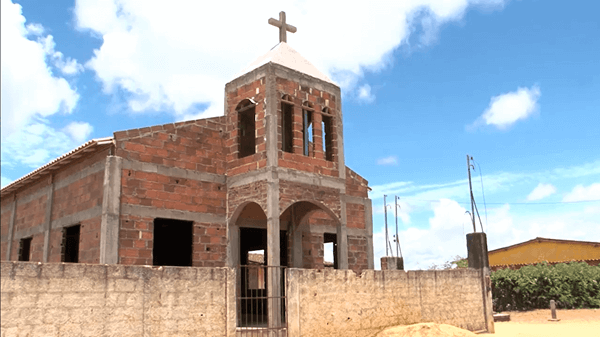
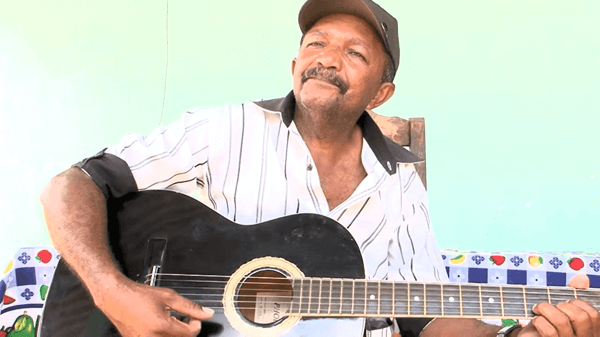
In addition, music is a form of expression deeply rooted in the culture of Barrocas. Even in the face of difficulties, residents find time to gather, share stories, and recall the past through music, keeping alive the cultural heritage that defines their community.
The lifestyle in Barrocas reflects values of solidarity, respect for nature, and pride in their African roots. Despite the challenges faced, the residents remain united, determined to preserve their cultural identity and ensure a prosperous future for generations to come.
Documentary Adelia Quilombo de Barrocas
The following video was created by Adelia Silva as part of her 2018 Graduation Project, in honor of the community of Barrocas and, especially, its residents. The author thanks all who granted interviews and contributed to the realization of this project.
Video available on the author's channel: access
Community Image Gallery
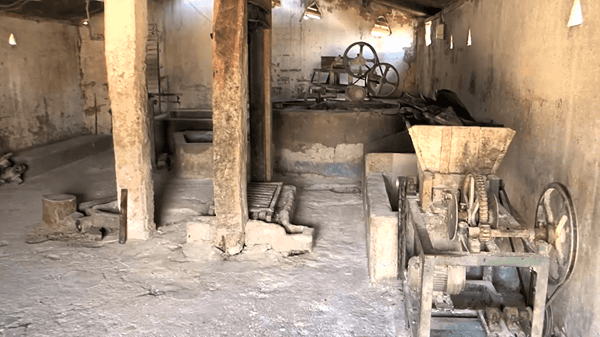
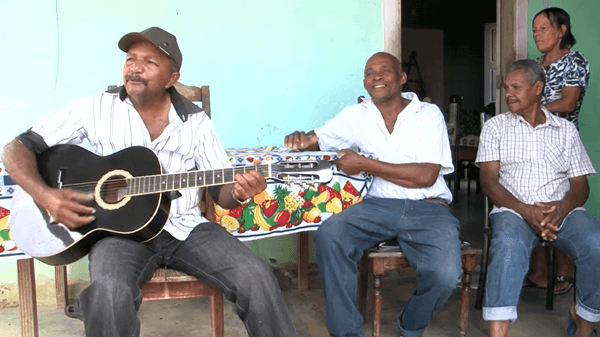
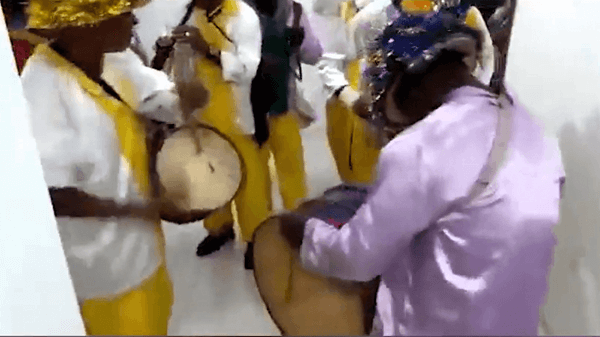
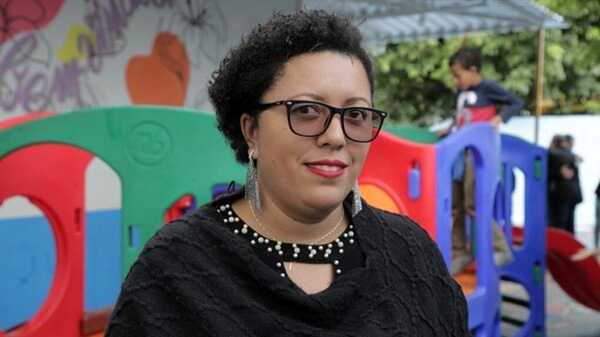
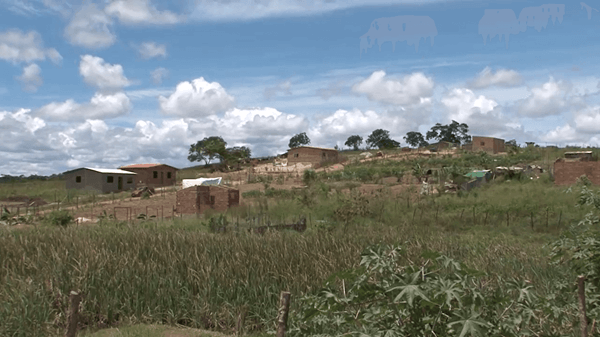
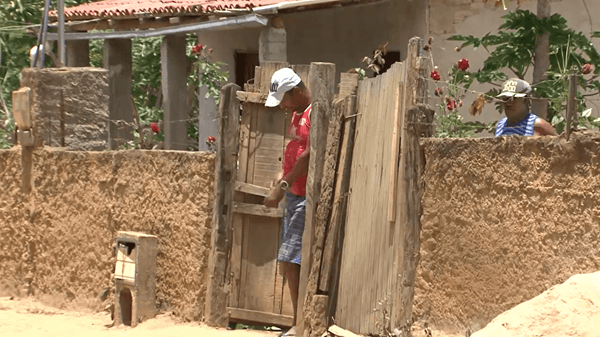
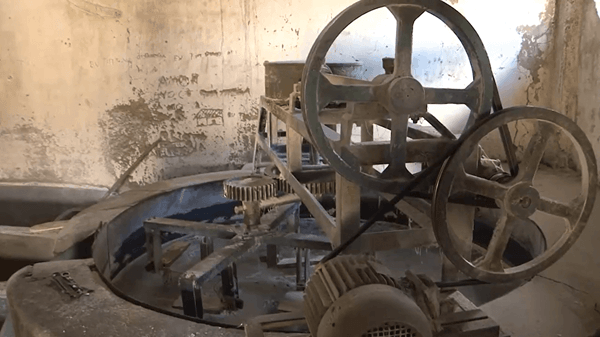
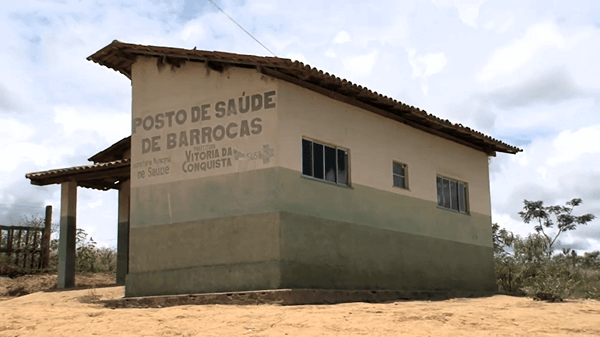
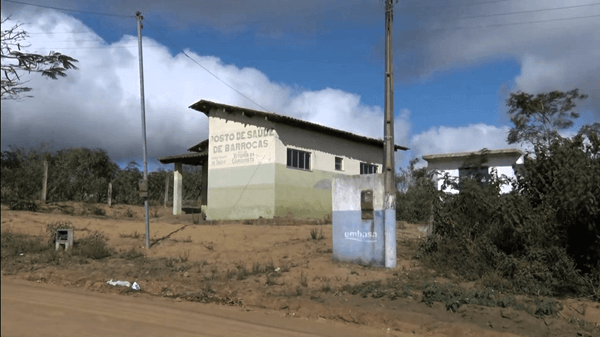
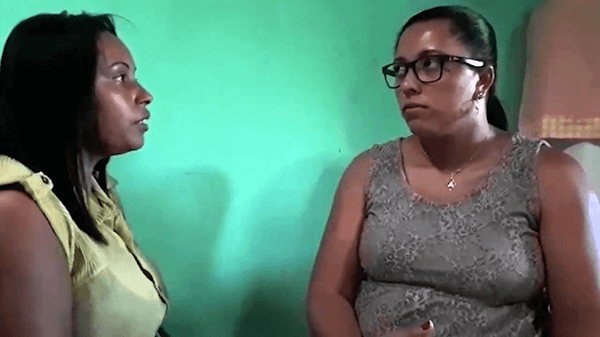
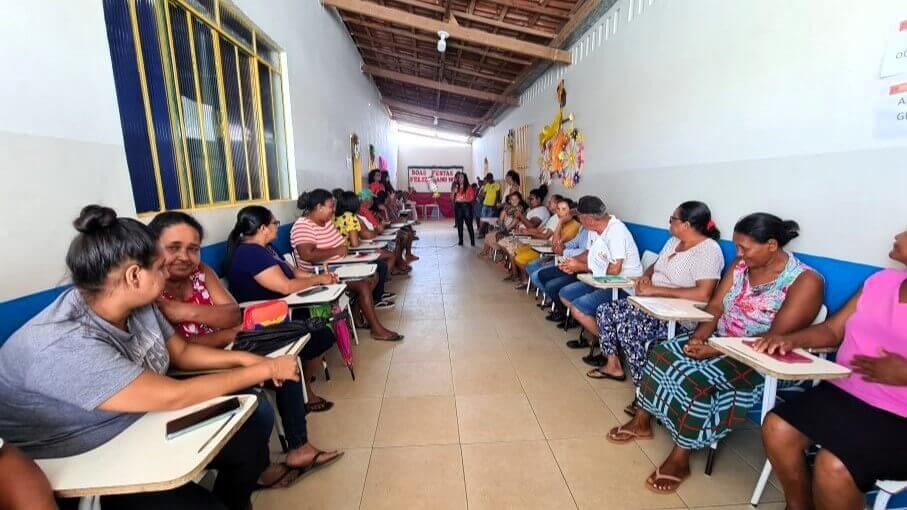
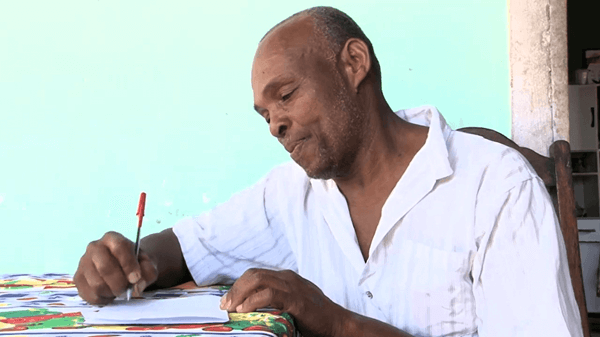
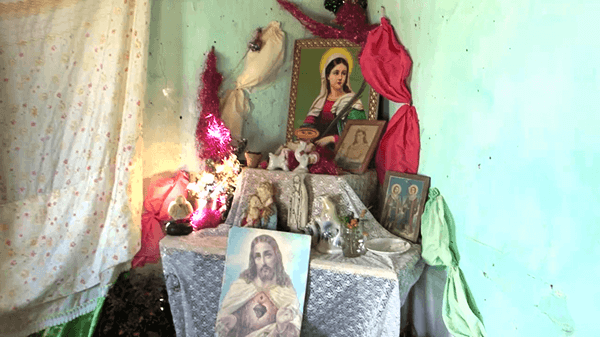
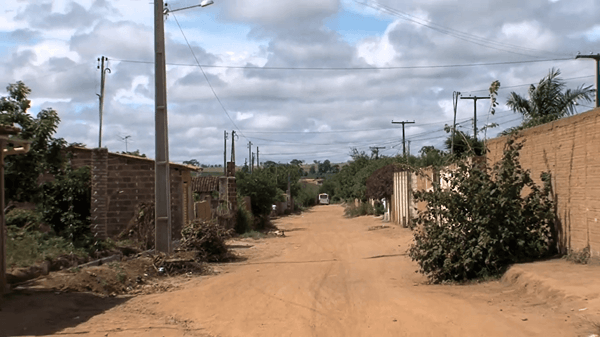
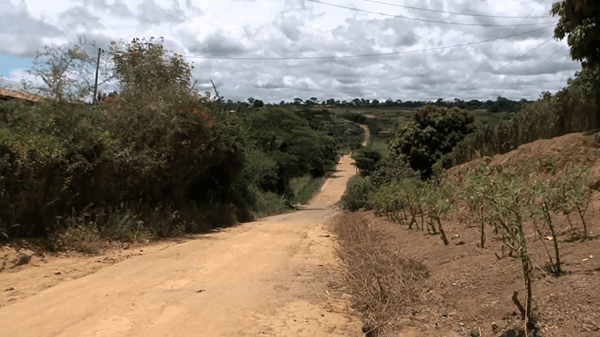
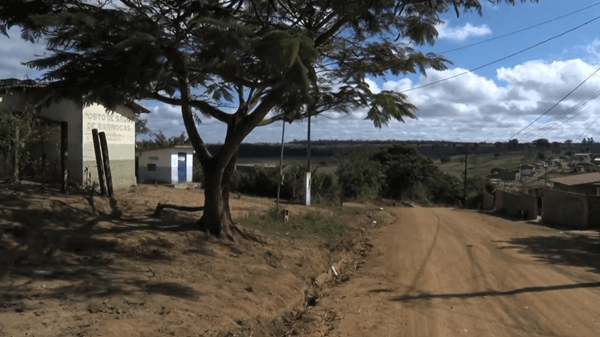
Authorship and Purpose of the Project

The project aims to support society in the search for solutions that promote improvements for specific groups or the community at large. Specifically, this website was created to address the lack of visibility and recognition of the rich culture, history, and traditions of the quilombola community of Barrocas.
I think that quilombola communities often face marginalization, discrimination, and limited representation in the media and society at large. By offering content that values and preserves the cultural, historical, and traditional aspects of this community, this website contributes to strengthening the quilombola identity and promotes greater recognition and respect for this significant heritage.